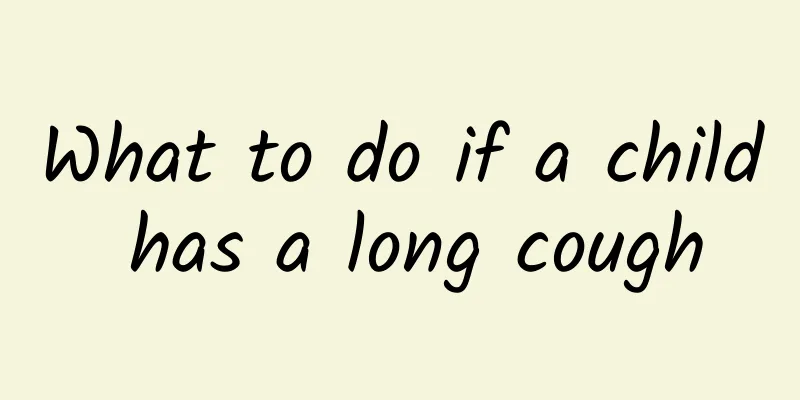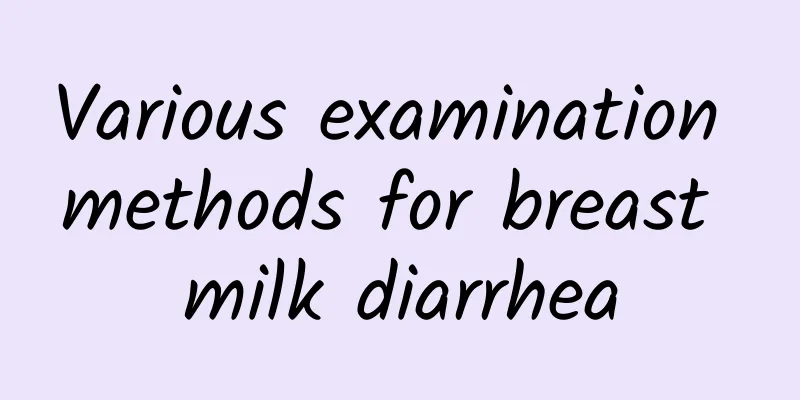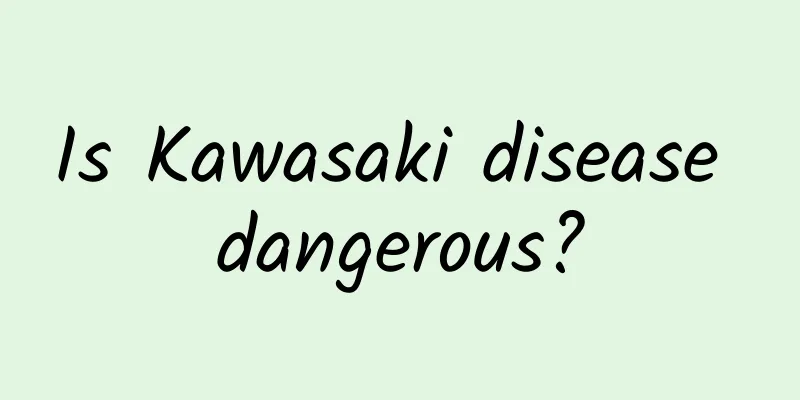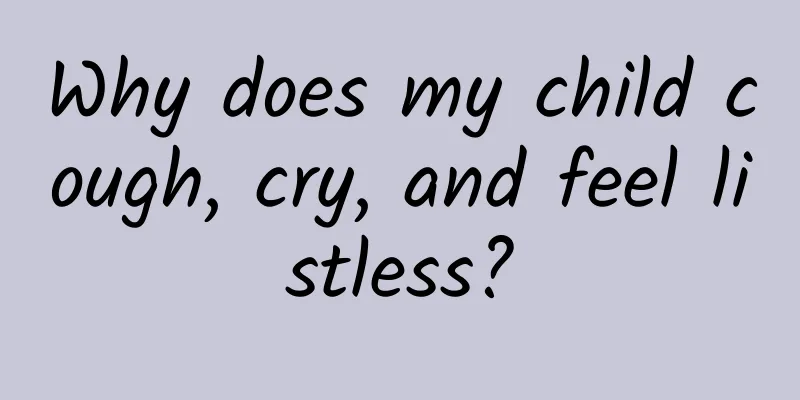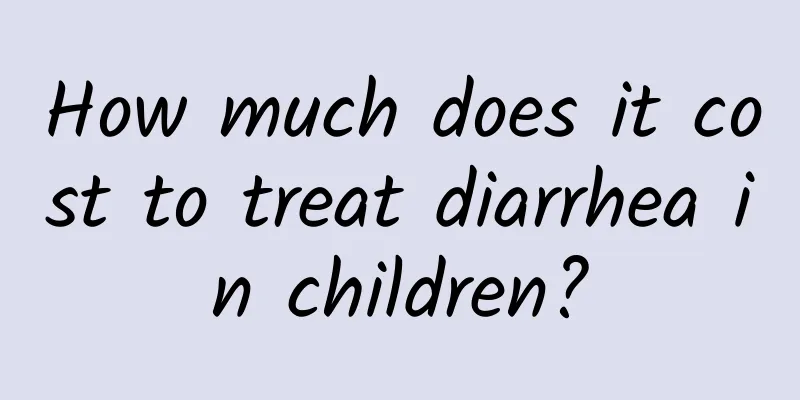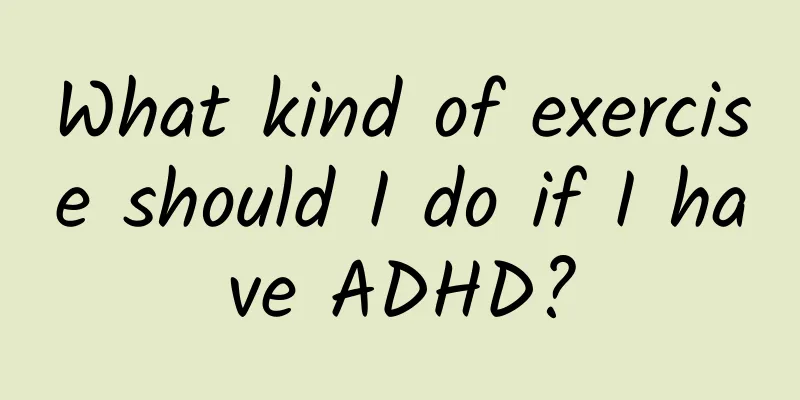Prevention and treatment of hand, foot and mouth disease in children
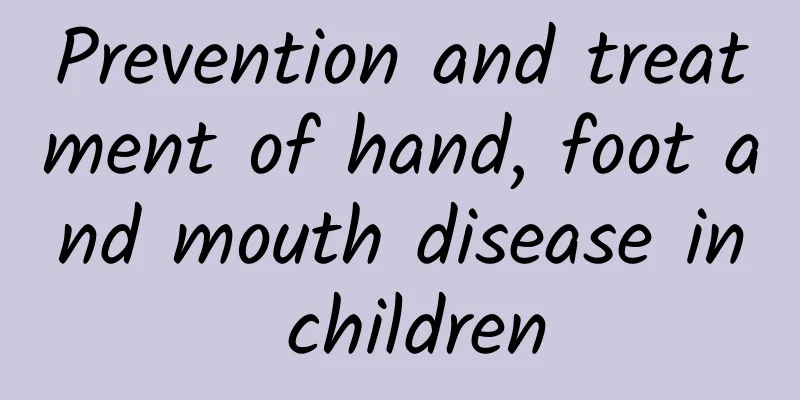
|
Hand, foot and mouth disease is a common childhood infectious disease caused by enterovirus. The key to prevention is to maintain good hygiene habits, while treatment is mainly symptomatic. Children with severe symptoms need to seek medical treatment in time. The following is a detailed explanation of the disease characteristics, prevention and control measures, and treatment methods. 1. Transmission methods and characteristics of hand, foot and mouth disease Hand, foot and mouth disease is mainly transmitted through contact, including direct contact with the patient's saliva, secretions or contaminated objects. It usually occurs in children, especially those under 5 years old, and is more common in spring and summer. The initial symptoms are fever and loss of appetite, followed by herpes on the hands, feet, oral mucosa, etc. Herpes generally does not leave scars. Most cases have mild symptoms, but in a few cases, serious complications such as encephalitis and myocarditis may occur. 2. Measures to prevent hand, foot and mouth disease 1. Maintain personal hygiene: Encourage children to wash their hands frequently with soap and running water, especially before meals, after going to the toilet, and after touching public items. 2 Pay attention to environmental disinfection: clean children’s toys, tableware, clothes and other items regularly, and avoid sharing food, water or personal items with other children. 3 Avoid crowded places: During the epidemic season, try to avoid taking children to crowded places, such as shopping malls, parks, etc., to reduce the risk of contact infection. 4. Get vaccinated: China currently has EV71 vaccine, which can effectively prevent severe hand, foot and mouth disease caused by enterovirus 71. 3. Treatment of hand, foot and mouth disease There is no specific antiviral drug for hand, foot and mouth disease, and symptomatic treatment is the main treatment: 1. Reduce fever: If the child has a high fever, use ibuprofen or acetaminophen to reduce fever, and drink plenty of water to prevent dehydration. 2 Relieve pain: Children with oral pain can apply gel medicine to the herpes area; or gargle with light salt water to relieve discomfort. 3 Treatment of severe cases: If symptoms such as persistent high fever, frequent vomiting, and mental depression occur, seek medical attention immediately. Hospitalization may be required for observation and more professional care and treatment for encephalitis, myocarditis, etc. Children usually recover within 1-2 weeks after contracting hand, foot and mouth disease, but parents need to pay close attention to changes in their condition, especially their body temperature and mental state. If you suspect your child is abnormal, please seek medical help immediately. Timely prevention and scientific response are the key to reducing the risk of transmission and the probability of complications. |
<<: What is the cause of high jaundice in babies and how to treat it
>>: Types, symptoms and treatment of pneumonia in children
Recommend
TCM Diagnosis of Diarrhea in Children
With the arrival of summer, all kinds of cold foo...
What are the treatments for polio?
When a child is diagnosed with polio, it is very ...
Polio symptoms in adults
Symptoms of polio in adults usually include muscl...
How to relieve acute mumps in children
Acute mumps in children is an inflammation of the...
The difference between herpangina and hand, foot and mouth disease. Is herpangina hand, foot and mouth disease?
Herpetic pharyngitis is an acute infectious phary...
What is the cure rate for mild breast milk diarrhea?
What is the cure rate of mild breast milk diarrhe...
How to supplement malnutrition in babies
Malnutrition will affect the growth and developme...
How hand, foot and mouth disease is spread and prevented
Hand, foot and mouth disease spreads through thre...
Why is the skin color uneven on children's faces? Be careful of two diseases when children have uneven skin color
Uneven skin tone on children's faces may be c...
What are the symptoms of febrile convulsions in children?
Febrile convulsion is a very common cause of conv...
What are the criteria for polio diagnosis?
Poliomyelitis, also known as poliomyelitis, refer...
What to do if your 2-month-old baby coughs
When your baby starts to cough, you must keep him...
Symptoms of childhood kidney disease
Children may have some specific diseases, such as...
What medicine is good for children's cough? Children can use these 6 medicines for cough
Children are more likely to cough because of thei...
What is the best medicine to treat patent ductus arteriosus?
What is the best medicine for treating patent duc...
